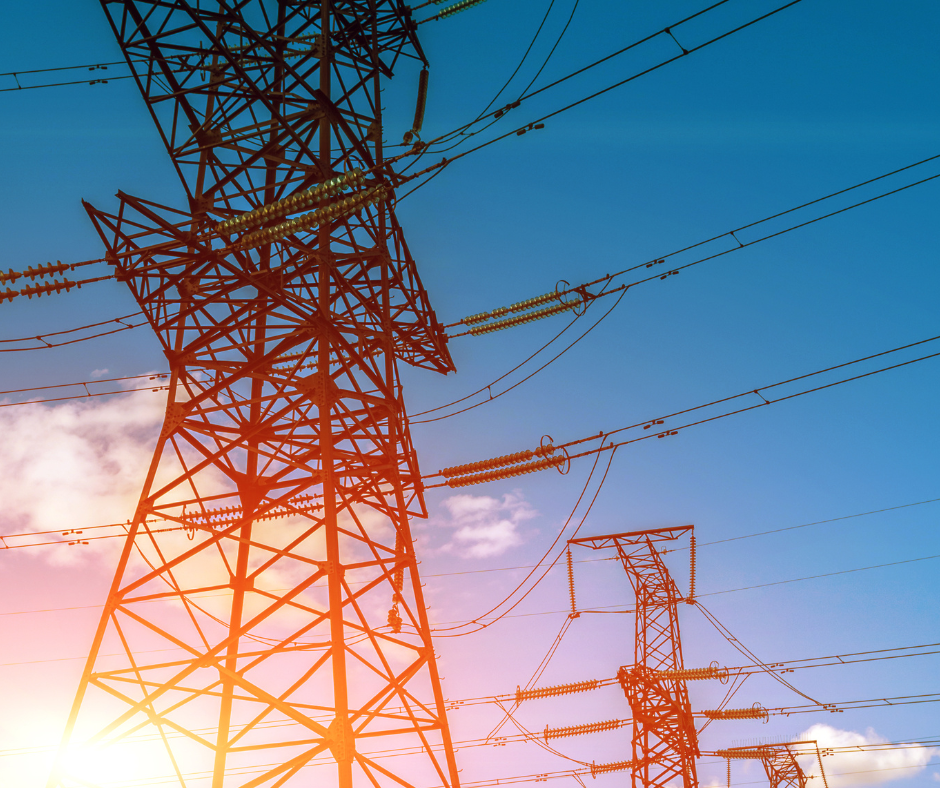Last Updated on September 25, 2023 by Mary Pressler
Electricity Shutoff Laws and Disconnect Rules in Texas: Know Your Customer Rights
Electricity shutoff laws describe the cases where an electric utility company can interrupt your service. These laws also describe the disconnection procedures that utilities must follow, which include sending a notification at least 10 days in advance. Electricity shutoff laws are also known as disconnect policies, and they vary by state.
- In this article we discuss electricity shutoff laws in Texas.
- We cover the cases in which your electric service can be disconnected, and the cases where you are protected from interruptions.
Disclaimer: This article is only informative, and not intended as legal advice. If you are currently facing a dispute related to your electric service, we strongly recommend contacting a legal professional.
Electric Service Disconnections: When Can Your Power Be Shut Off?
The Public Utility Commision of Texas (PUCT) explains the cases where a utility customer can be disconnected in Chapter 25 of the Electric Substantive Rules. Service interruptions can be classified into two main types:
| Disconnection with Notice | Disconnection without Prior Notice |
| 1) Not paying an electricity bill or starting a deferred payment arrangement by the date of disconnection.
2) Not meeting the terms of a deferred payment arrangement. 3) Using the electricity supply in ways that affect service quality for other customers, or using nonstandard equipment. The electric utility will first make a reasonable attempt to notify the customer, providing an opportunity to fix the problem. 4) Not paying a deposit as required under Section 25.24 of Electric Substantive Rules: Credit Requirements and Deposits. Keep in mind that safety deposits are not normally required if you show a good credit record. 5) When a guarantor does not pay the amount guaranteed, and the electric utility has a signed agreement that allows disconnection of the guarantor’s service. |
1) When there is a dangerous condition that justifies a service disconnection, such as a fire that could worsen with an active power supply. The utility company will post a notice explaining the reasons for disconnection, unless the hazards present don’t allow it.
2) When the utility finds an unauthorized connection, made by someone who has not submitted an application for service. 3) When the electric service is reconnected without authorization, after being interrupted for non-payment. 4) When a user has tampered with electric utility equipment such as power meters, or there is evidence of electricity theft. |
Electricity providers can modify the disconnection procedures specified by the PUCT in ways that are more favorable for customers, but not in ways that are more stringent. Utility companies must also follow some general rules when issuing a disconnection notice:
- Utility companies cannot issue a disconnection notice until the first day after the payment due date.
- Your service cannot be disconnected until at least 10 days after the notice, and the disconnection date cannot be a holiday or weekend day.
- The disconnection notice must be a separate mailing or delivered by hand.
- The notice must have a clearly visible “Disconnection Notice” text, or similar words.
- The disconnection notice must be provided in English and Spanish.
The notice must also include a statement notifying that payment arrangements are available in case the customer needs assistance, or is unable to pay due to illness. The options available include alternate payment arrangements, deferred payment plans and energy assistance programs.
What Are the Exceptions? Cases Where Your Electric Utility CANNOT Disconnect Your Service
The PUCT also identifies conditions where an electric service interruption is unfair or dangerous for the customer, and interruptions are not allowed:
- Your electric service cannot be terminated due to unpaid bills left by a previous occupant of the same premise.
- Your service cannot be terminated for unpaid balances related to non-electric products and services offered by the utility company. This includes merchandise, insurance policies and home security systems.
- Your service cannot be terminated for unpaid charges related to another type of electric service, unless the charges were included in your account at the time when your current service was initiated.
- Your service cannot be terminated for unpaid charges due to an underbilling, more than six months before your current billing.
- Your service cannot be terminated due to disputed charges, except for the required average billing payment. This exception applies until the accuracy of charges has been determined by the electric utility or commission, and the customer has been notified.
- Your service cannot be terminated for unpaid underbilling charges caused by faulty metering. This exception does not apply if the power meter has been tampered with, and in certain situations covered by Section 25.126 of the Electric Substantive Rules.
- Your service cannot be terminated for failure to pay an estimated bill. This exception does not apply if the bill comes from an approved meter reading plan, or cases where the utility cannot read your meter for reasons beyond their control.
There are also general cases where an electric service cannot be interrupted, which are attributed to external factors that cannot be controlled by utilities and their customers:
| Conditions | Restrictions for Service Disconnection |
| Holidays or weekends | Disconnection is not allowed on a holiday or weekend, or the previous day, except in the following:
|
| Electric utility abandonment | Electric companies cannot abandon a service area without written notice to all customers in advance, and approval from the PUCT. |
| Locations with ill or disabled occupants | The electric service cannot be interrupted if this would threaten an occupant who is suffering from an illness.
The account holder must submit a written statement by the physician attending the person affected by illness, and enter a deferred payment agreement. |
| Energy assistance clients | The service cannot be terminated for an unpaid billing period if the customer shows proof that their energy assistance provider will be providing the payment required to continue the service. Accepted documents include pledges, letters of intent and purchase orders. |
| Extreme weather conditions | Electric utility companies cannot disconnect customers under the following weather conditions:
|
| Master-metered apartments | The electric utility company must follow specific steps before the service can be interrupted:
|
Disconnect Policies in Other US States
The US HHS Low-Income Home Energy Assistance Program (LIHEAP) has a database of disconnect policies by state:
State Disconnect Policies | The LIHEAP Clearinghouse (hhs.gov)



Leave a Reply
Want to join the discussion?Feel free to contribute!